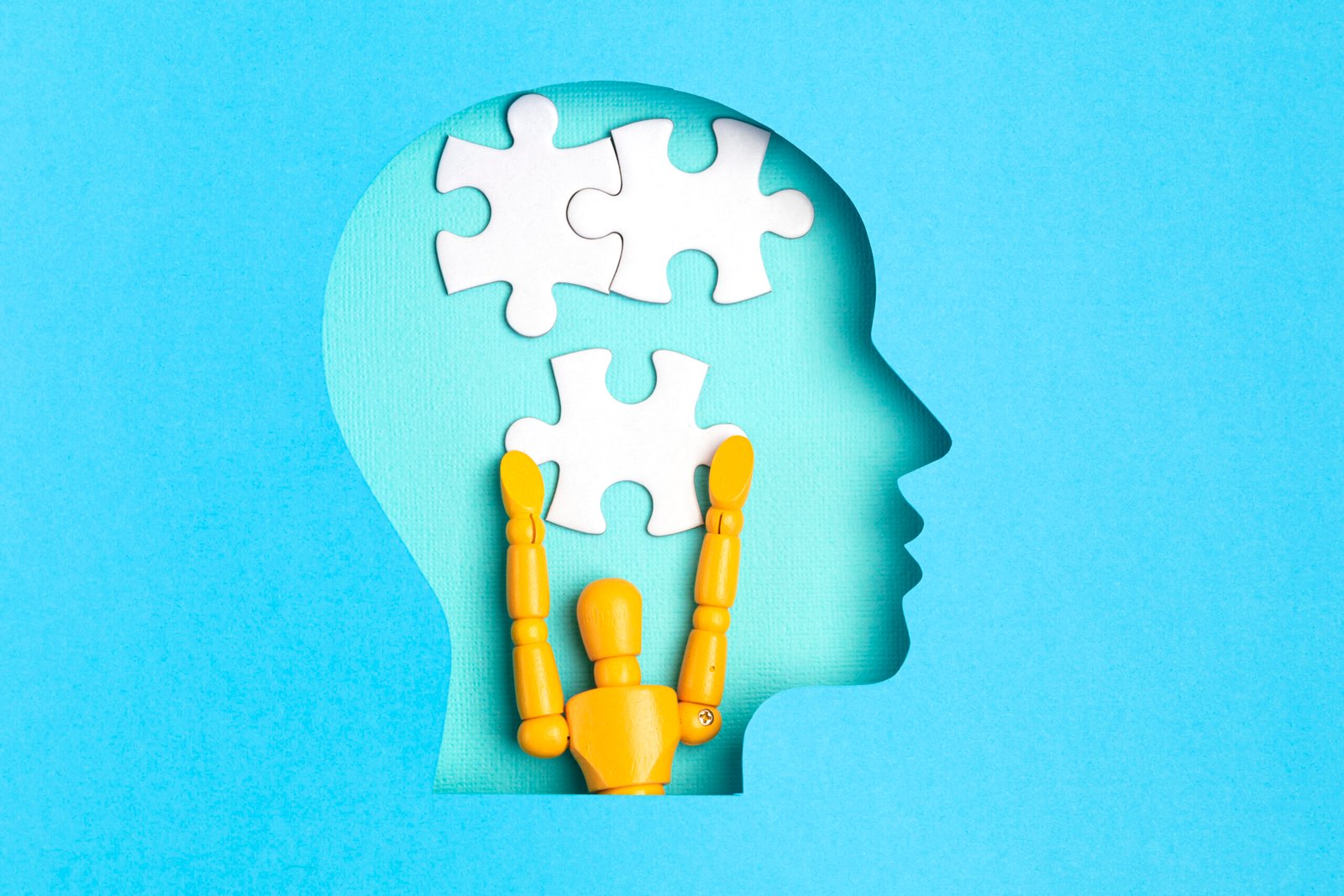Watercolour Painting and Leaf Painting
The watercolour and leaf painting activity was very successful. Students worked in pairs and made colourful paintings using watercolours. With the help of their parents, they brought colors, palettes, brushes, and green leaves. Students who did not bring materials shared



